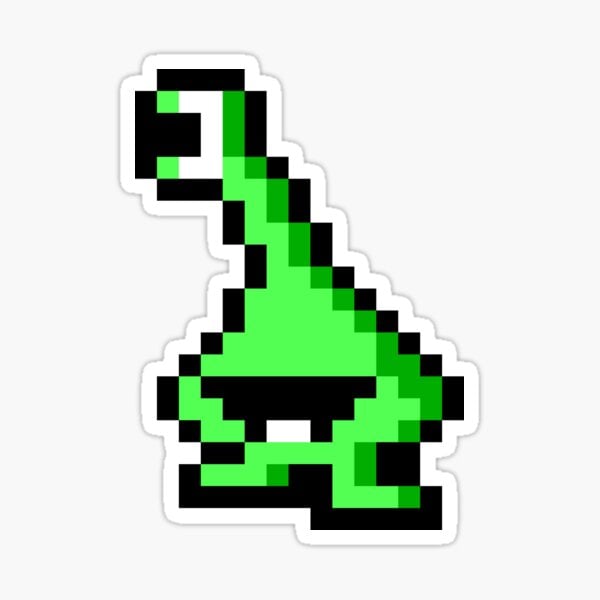Look, the question was, “Do you think Lemmy and other parts of the fediverse will eventually enshittify? I think this would be an interesting discussion to have.” I gave an answer explaining that I didn’t think Lemmy would enshittify, but pointing out another senerio where Lemmy could collapse. Sorry if you found it too pessimistic, but if you didn’t want to hear negativity, maybe this wasn’t the discussion for you. Also, if your solution is, “make multiple accounts to get around defederation, start your own instance, or GTFO,” that’s going to be a problem for growth, because most users will pick GTFO.
Also, I think hyper-specialized instances will only exacerbate any potential schisms. Tribalism isn’t necessarily political (although that is currently the central conflict on Lemmy). Admins could find divisions over rule enforcement, fediverse philosophy, or just get into good old-fashioned pissing contests. The admins on my instance recently created a real mess with the moderators of their own Vegan community, overriding their moderating decisions and then retroactively changing their own rules to justify it. Now imagine that conflict was between two instances, and you need to make a separate account just to talk about veganism. If anything, it seems like having an eclectic group of communities on each instance would be better than specializing, since admins would really have to consider whether it’s worth cutting their users off from multiple diverse groups over a conflict.




I certainly hope so; I’m on Wolrd, and most of my favorite communities are located on World, but I often find the admins’ decision questionable, and I have just as many reservations about ml. I hope I could put together a good group of communities without either instance, but sometimes it feels like they’re necessary to a good Lemmy experience. But either way, I think you’re right, most instances won’t defederate.